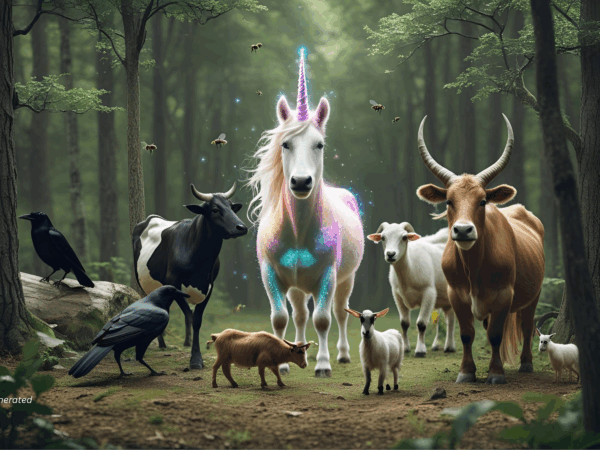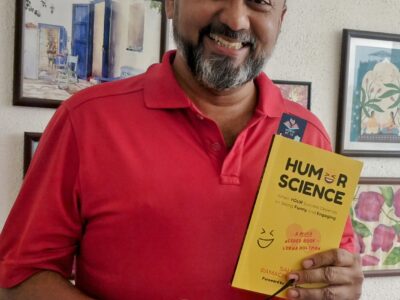 The reason we cannot understand this intuitively is that we, and I mean this for the entire Indian subcontinent, have never had, like Europe did, the Renaissance (1300-ish), the Reformation (1517), the Enlightenment (1715-ish), and the Industrial Revolution (1760-ish).
The reason we cannot understand this intuitively is that we, and I mean this for the entire Indian subcontinent, have never had, like Europe did, the Renaissance (1300-ish), the Reformation (1517), the Enlightenment (1715-ish), and the Industrial Revolution (1760-ish).
The ‘West’ had these breaks, which were parallelly (cause and effect are a bit mixed up here) supported by the age of exploration and navigation, discovery of new worlds, pumping of silver into the economy, and intense national rivalries that gave impetus to innovation, art, science, maths, banking, business, and social & moral zeitgeist.
We also missed out on the huge destruction and as a consequence, the huge reconstruction (not just the infrastructure, but also social) from the bottom-up, of the two Great Wars. I think, in the short run, with the short-run defined as centuries, we lost out what as a nation and people we gained in the long-run prior (counted in millennia). And if we do not go through an upheaval in the next couple of decades, we are likely to suffer further.
This country, my father used to say, requires a true ‘Samudra Manthan‘ for it to receive the life-giving ‘amrit‘ (a divine nectar that bestows immortality on the drinker), but we won’t do so, paralysed as we are with the fear that with it, also comes ‘vish‘ (poison) that must first be consumed for us to be deserving of what follows (the ‘amrit‘).
My father kept telling me, and I keep instilling this into my daughter, that ‘Fear is your friend if you can draw strength from it rather than let its power weaken you.’ As a society, we need to embrace the fear and uncertainty that change brings. For we must realise that there is no ‘amrit‘ without first having to pass through ‘vish‘.



















